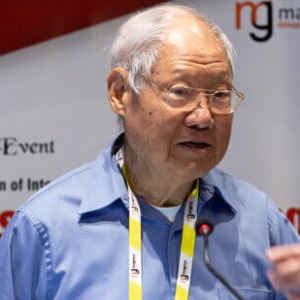Novel Expression Systems
Expression systems are DNA-encoded genetic constructions that are designed to create a protein or RNA (ribonucleic acid) inside or outside of a cell. Expression systems are utilised in both research and commercial enzyme and pharmaceutical manufacturing. Proteins are expressed using expression systems in a variety of ways, from structural biology to in vivo research or as medicinal agents. An expression system is made up of three components that are required for the synthesis of recombinant proteins. Firstly, energy and machinery for protein synthesis are provided by a biological environment, most commonly a cell. Cell extracts containing the required components, i.e., cell-free protein expression systems, can also be used. Second, a vector that allows genetic material to be introduced into a cell; it contains regulatory sections that allow the genetic material to be replicated and, in most cases, selection markers for maintenance. The expression cassette, which is integrated into the vector and contains the open reading frame encoding the amino acid sequence for the protein to be expressed, is the final step.

Murray Moo Young
University of Waterloo, Canada
Limongi Tania
University of Turin, Italy



Title : Improving health in over 40,000 patients: The impact of nanomedicine fighting antibiotic resistant infections
Thomas J Webster, Brown University, United States
Title : Advancement in dual lateral flow immunoassay design for sensitive, rapid detection of rotavirus and adenovirus in stool samples
Ayan Ahmed Isse, Genexus Biotech Company, Somalia
Title : Evaluating cell compatibility and subcutaneous host response of silk fibroin–chitosan plug composites as potential resorbable implants
Luis Jesus Villarreal Gomez, Universidad Autonoma de Baja California, Mexico
Title : Renewed novel biotech ideas, with bioreactor bioengineering economic impact
Murray Moo Young, University of Waterloo, Canada
Title : Osmotic lysis–driven Extracellular Vesicle (EV) engineering
Limongi Tania, University of Turin, Italy
Title : Diversity analyses of microbial communities in Armanis gold-polymetallic mine and acid mine drainage: Bioremediation
Anna Khachatryan, SPC Armbiotechnology of NAS of Armenia, Armenia